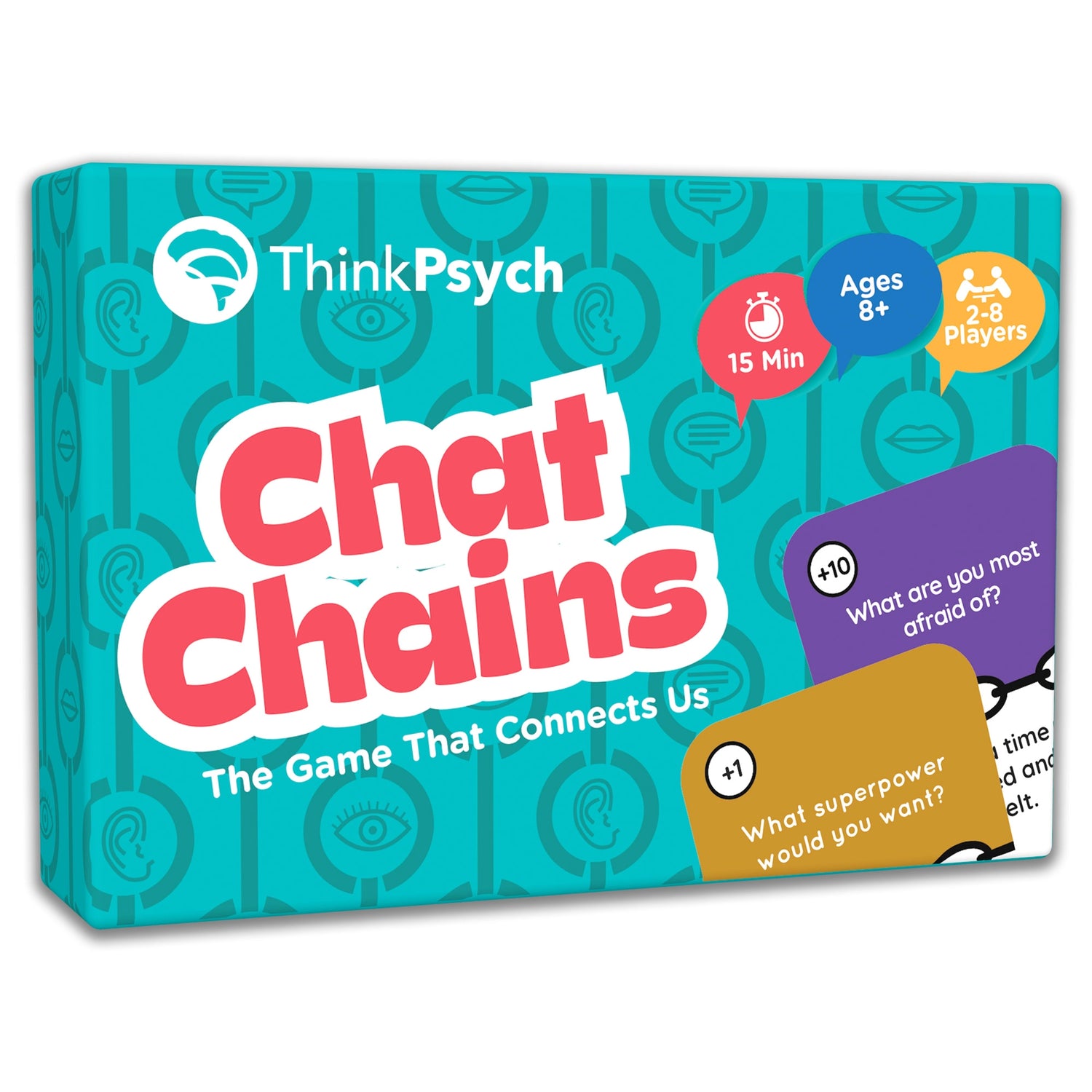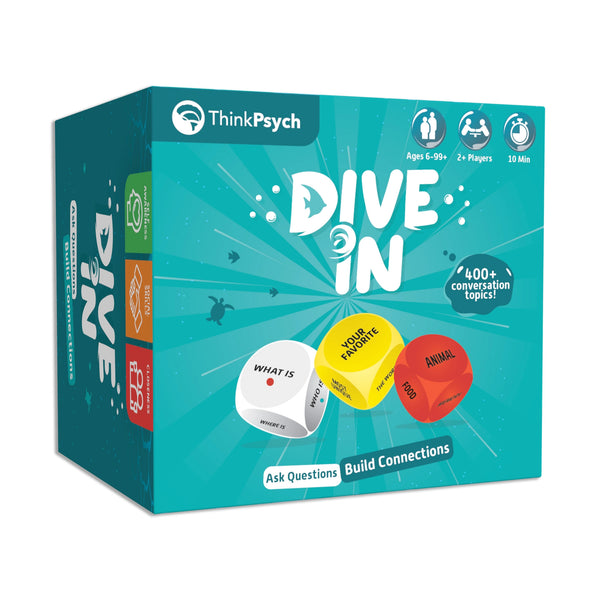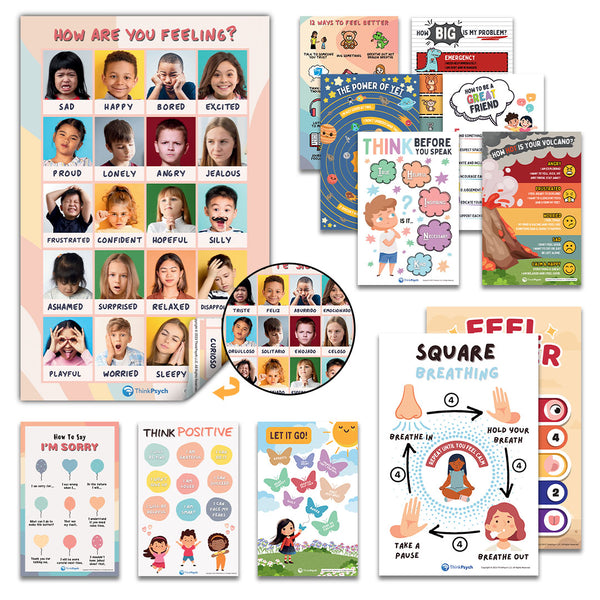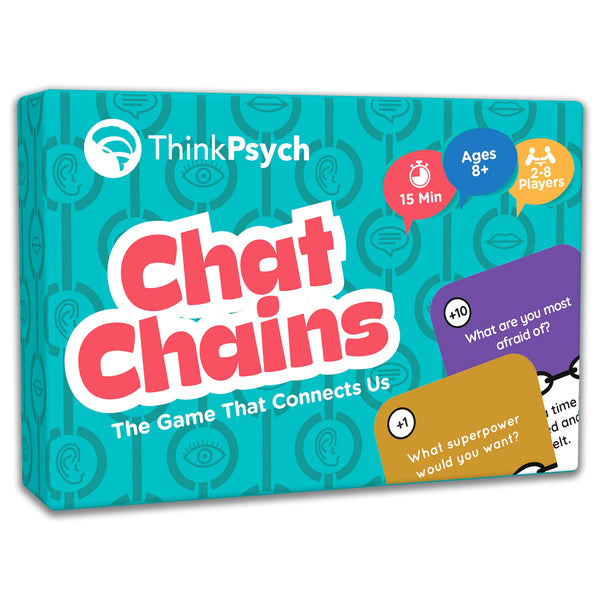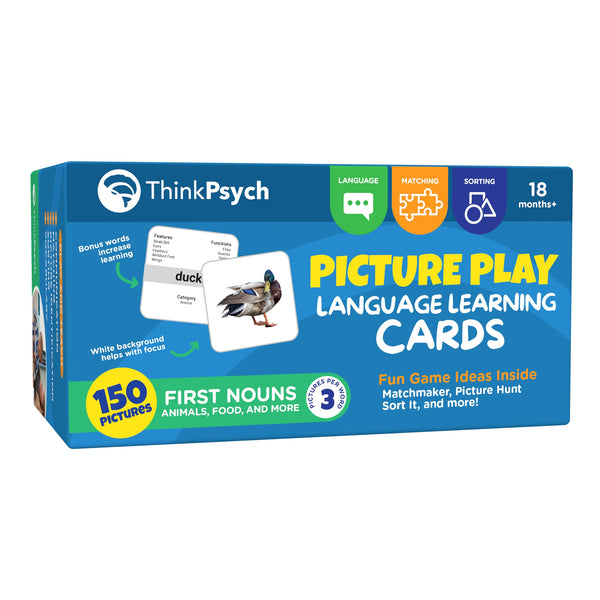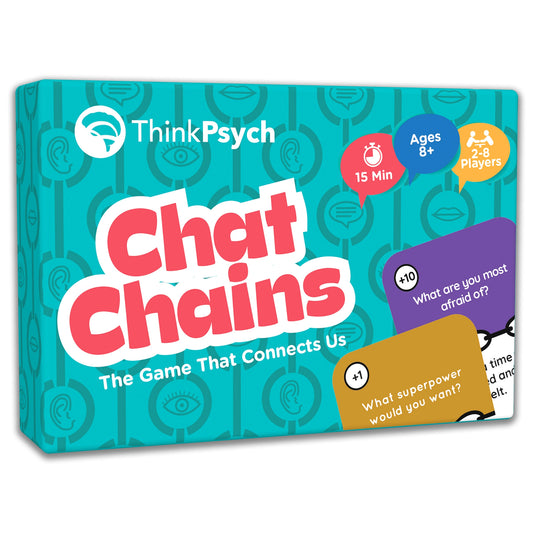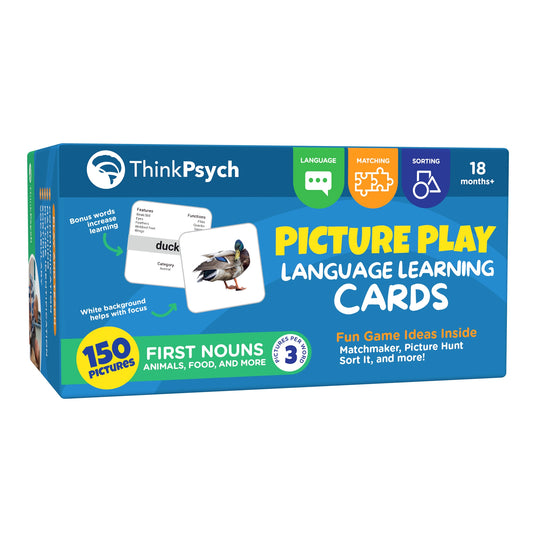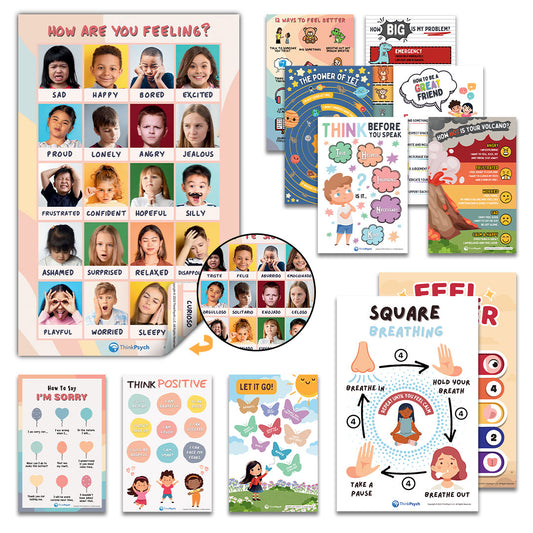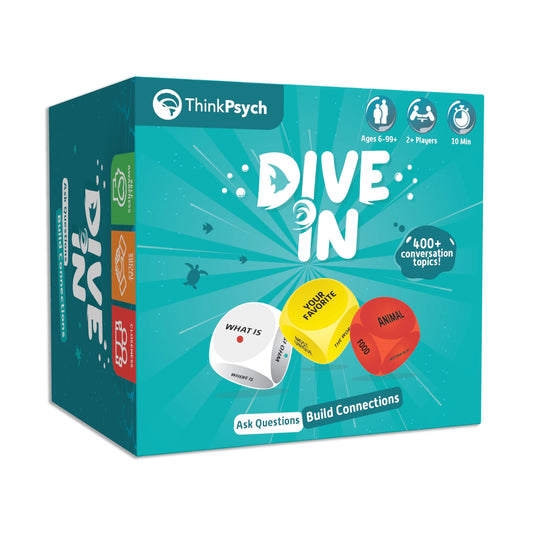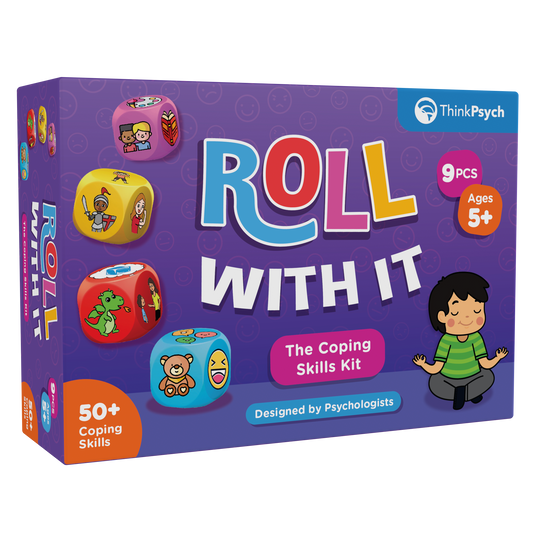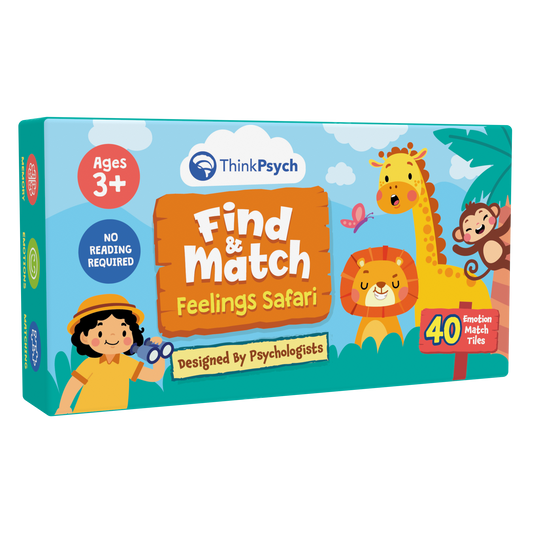
Boost Your Kid’s EQ Over Summer Break
Share
When school’s out, it’s natural (and important) to set aside the books. But you can still help your child grow during this time by focusing on other areas such as emotional intelligence.
Summer is an opportune moment to nurture your child’s emotional intelligence (EQ). During break, your kid will have more free time to explore, engage in new ways and connect with others.
Here’s how to take advantage of the summer to boost your kid’s EQ and foster social skills that are vital for the future.
Key EQ Strategies for Summer Break
Emotional intelligence is all about understanding and managing feelings. It’s the cornerstone of skills and attitudes such as empathy, teamwork, self-confidence, conflict resolution, relationship building and more.
Let’s look at some ways to develop your kid’s EQ through a variety of summer activities.
1. Get Out of the Comfort Zone
First, encourage your kid to step out of their comfort zone. Summer is ideal for trying something new. Some possibilities include:
- Summer camps
- Field trips (to museums, theaters, nature centers, animal shelters, etc.)
- Local events (such as county fairs, music festivals, farmers’ markets, etc.)
- Family road trips (to new towns, landmarks, etc.)
Doing activities outside the usual routine will help your child practice their social skills and stress tolerance in new situations. They may even gain empathy for different people or curiosity in new interests.
In particular, research suggests that summer camp is extremely beneficial for emotional intelligence, resulting in 69% of kids experiencing improvement in their EQ. This may be due to the focus on group activities and social connections at summer camp. Often, campers have to learn patience, teamwork, conflict resolution and delayed gratification throughout the day.
2. Encourage New Connections
Summer can be isolating for some kids, especially if their friends are away or opportunities to socialize are few and far between.
Motivate your child to connect with friends, neighbors, family members and more. For example, nudge your kid to play with a new acquaintance at the pool, playground or library. Or help deepen your child’s relationship with their grandparents through more regular outings in the summer.
By strengthening connections, your kid will elevate their social skills, such as sharing, empathy, teamwork, etc.
3. Fill Free Time With Meaningful Activities
It’s easy to get bored during the summer. That’s not necessarily a bad thing! But you can enrich your child’s free time with individual and group activities that go beyond “fun.” Some meaningful activities to try out include:
Shop ThinkPsych Products
- Learn a new hobby (sport, musical instrument, coding, language, etc.)
- Volunteer with a local organization
- Enjoy the outdoors (such as hiking, biking, gardening, geo-caching, picnicking, etc.)
- Write to a pen pal
- Start a DIY project (art craft, storybook, bake-off, science experiment, garage sale, etc.)
In this way, your child will interact with diverse people, explore their abilities and find themselves in new situations. Keep in mind that it’s best to follow your kid’s lead for what they’re interested in, instead of forcing an activity on them.
4. Try New Family Habits
Family time may also look different in the summer. This is a great opportunity to start new habits and traditions as a family.
For example, you may start a weekly game night, yoga session or family bonfire. Enjoying these activities together can help develop relationship building, sharing, conflict resolution, active listening and more.
Small habits such as talking about characters’ emotions in books, movies and video games can also boost your kid’s EQ. Try adding a few questions after your usual bedtime story to see how well your child can identify emotions and empathize with others.
5. Go as Tech-Free as Possible
It’s normal for tech usage to increase over the summer. While screen time can be a well-earned break for kids, you should also be careful about how much they’re spending plugged in. Set a daily/weekly limit to screen time so that expectations are clear from the start.
Most importantly, be sure to enable lots of new, in-person interactions for your child. Kids need face-to-face interactions to learn to listen, empathize, work as a team, etc. Encourage your child to meet up with friends and have new experiences so that screen time doesn’t become a default activity.
6. Demonstrate Your Own EQ
Finally, experts believe that empathy can be taught – and from who better than you! Your kid will pick up on your own EQ habits and attitudes, so do a quick check on your own behaviors.
For example, make sure you’re modeling emotional intelligence in front of your child. You should avoid red flag behaviors such as:
- Bad-mouthing family or friends
- Poorly handling neighbor conflict (yelling, threats, etc.)
- Treating strangers with irritation or disrespect
- Showing road rage
- Always being on your phone
Take a real look at your habits and try to improve them, so that your kid absorbs positive traits. Not to mention that you’ll boost your EQ while you’re at it!
Uplift Your Kid’s EQ This Summer
Summer break is an opportunity to have fun, but also work on social-emotional skills. Apply our strategies above to boost your kid’s EQ and have an overall enriching summer break.
Ready for more tips to improve your child’s learning journey? Check out a variety of EQ articles on ThinkPsych!
References:
- Phase Family Center, 5 Ways Summer Camp Improves a Child’s Emotional Intelligence (EQ), https://phase.center
- Whole Child Counseling, Cultivating Social-Emotional Skills in the Summer, https://www.wholechildcounseling.com
- Child Mind Institute, Strategies for a Successful Summer Break, https://childmind.org
- Aha! Parenting, 10 Tips to Make This the Best Summer Ever with Your Family, https://www.ahaparenting.com
- Canadian Camping Association, Emotional Intelligence and Summer Camp, https://www.ccamping.org
- FreePik, Children Playing on Grass, https://www.freepik.com
